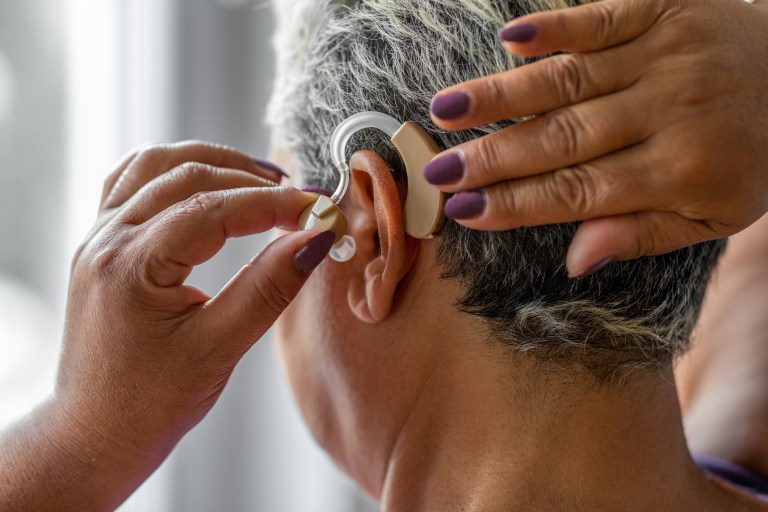Many of us spend large portions of our days sitting — whether we’re working, watching television, or participating in a hobby like reading or painting. While it may not come as a shock that staying seated for extended periods isn’t great for your health, a new study out of Columbia University suggests that the detrimental impact may be easily offset with a simple activity.
Published on January 12 in the journal Medicine & Science in Sports & Exercise, the research determined that breaking up each half-hour of sitting with a light, five-minute walk significantly reduced systolic blood pressure (the pressure in your arteries when your heart beats) and lowered blood sugar levels throughout the day.
In a news release from Columbia University Irving Medical Center, lead author Keith Diaz, who is the director of the institution’s Exercise Testing Laboratory at the Center for Behavioral Cardiovascular Health, likened the decrease in blood pressure to results “you would expect from exercising daily for six months.”
RELATED: One-Minute Bursts of Exercise Three Times a Day Are Linked to a Longer Life, Study Finds
The study was small: Diaz and his team tested 11 individuals. Each was “prescribed” five different exercise “snacks” throughout eight-hour periods of sitting in an ergonomic chair. In addition to testing out one-minute treadmill walks every hour and five-minute walks every half-hour, participants also tried one-minute walks every half-hour, five-minute walks every hour, and no walking at all.
“If we hadn’t compared multiple options and varied the frequency and duration of the exercise, we would have only been able to provide people with our best guesses of the optimal routine,” Diaz, who is also an associate professor of behavioral medicine at the university, said in the release. The one-minute-per-hour and five-minute-per-half-hour walks came out on top in terms of physical health impact, but all of the walking regimens resulted in decreased fatigue and increased mood.
“The effects on mood and fatigue are important,” said Diaz. “People tend to repeat behaviors that make them feel good and that are enjoyable.”
RELATED: Doctors in England Can Now Prescribe Walking, Cycling to Improve Mental and Physical Health
And that behavior doesn’t require a ton of effort. Speaking to CNN, the researcher said the walks can be as leisurely as just 1.9 miles an hour and still make a difference, a speed he referred to as much slower than most people typically walk.
Noting that “so many” people live sedentary lives — 25% of Americans are not active at all — he went on to stress that employers should also take note of the detrimental effects of prolonged sitting.
“There are these social norms where if you are up out of your desk, people think you’re not working,” he told the outlet, adding, “Sitting is an occupational hazard and a healthy employee is a more productive employee.”
So if you find yourself feeling down about how much time you spend in a chair or on the couch each day, know that improving your health and mood doesn’t require a complete lifestyle overhaul. For more ideas on how to incorporate simple movement into your daily routine, check out these tips.











